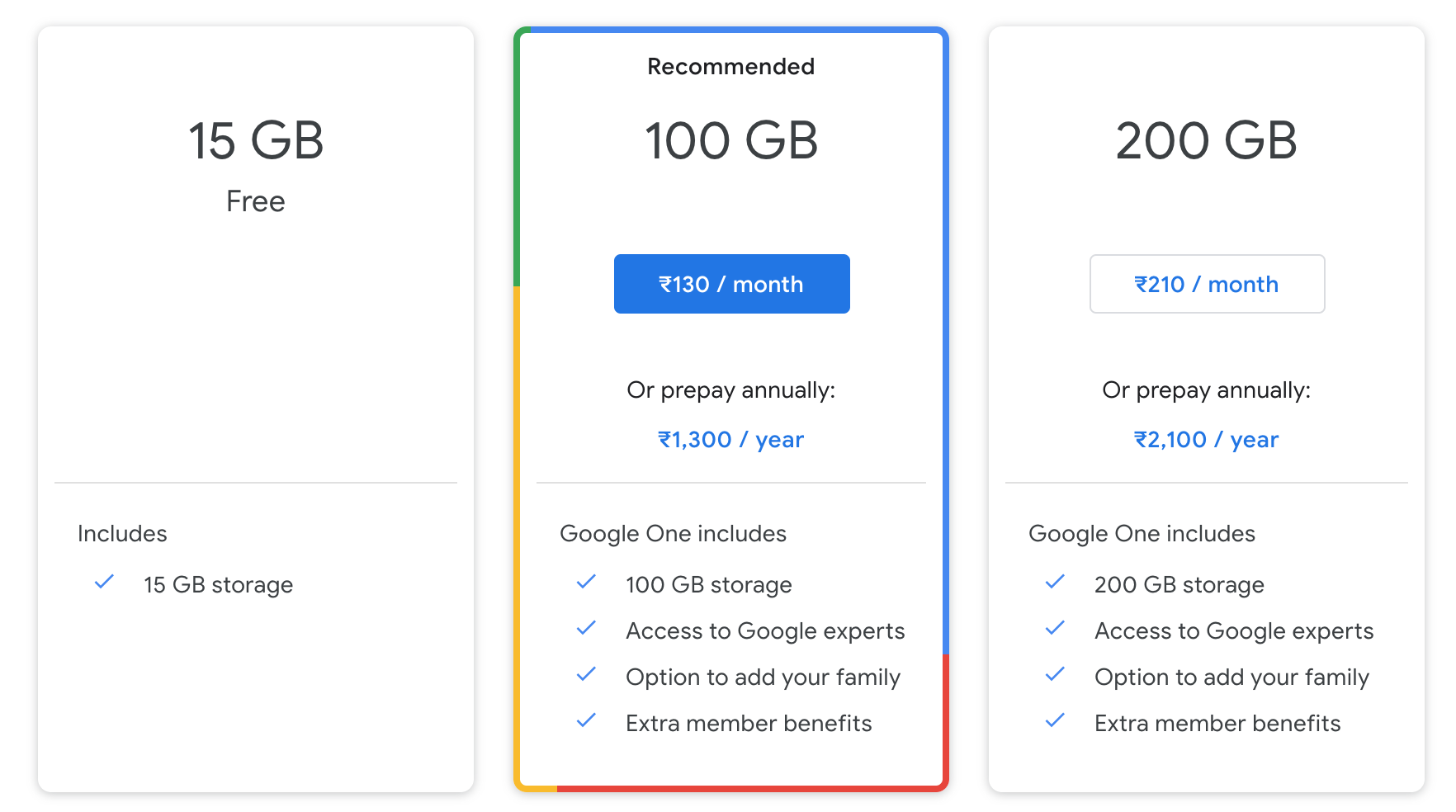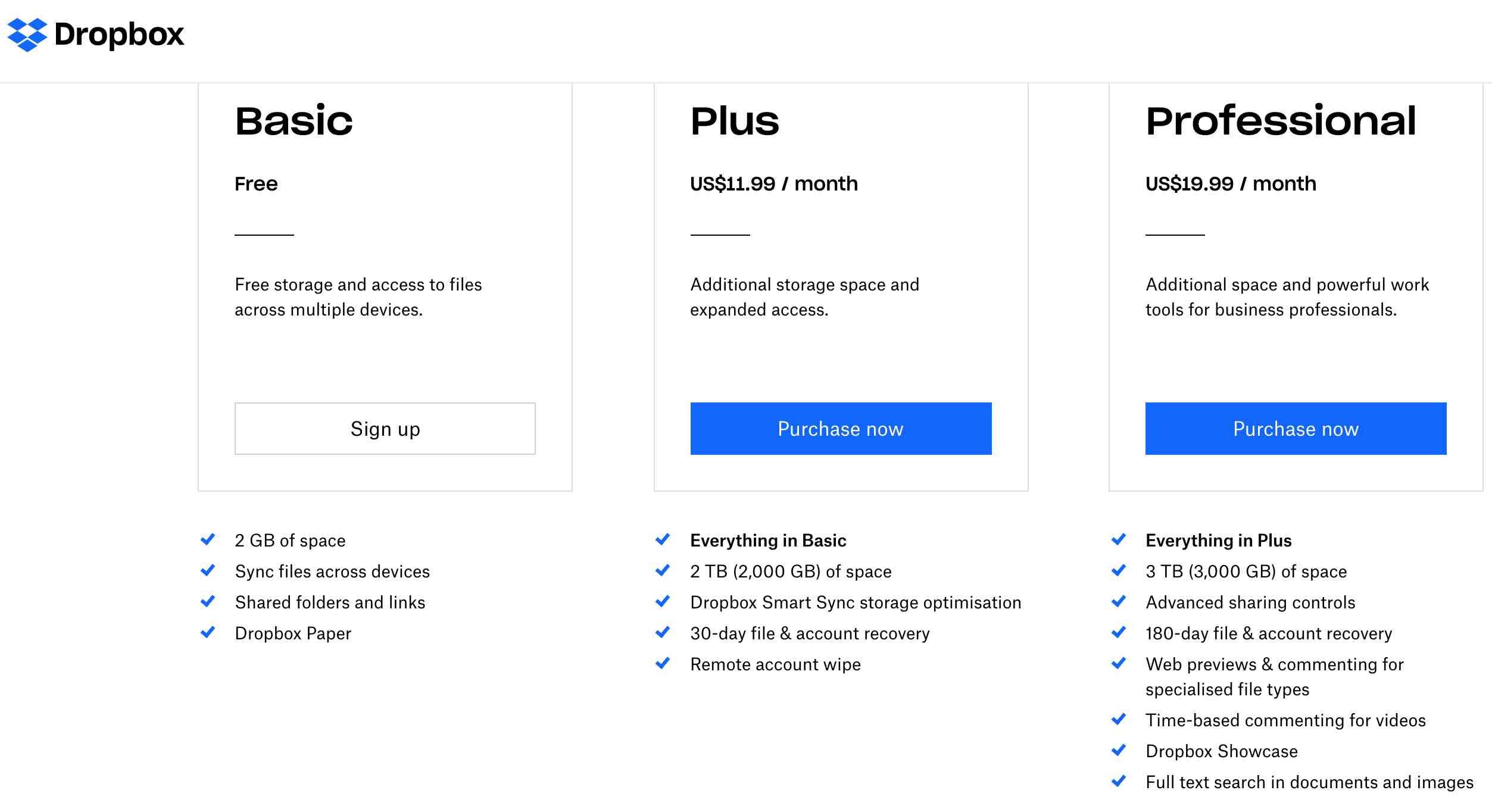If you are new to Digital Marketing or planning to start your online business, it is important for you to understand different types of revenue models in online business. Different online companies have different revenue models basis their offering.
The revenue model is defined by the company offering products/services basis a deep dive research and basis how much value they think, they would be able to create through their business from different models offering their services.
This article will cover different types of revenue models in online business/online websites:
To know more about different types of online websites, refer article – Types of Websites in Online Business
Get Free Introductory Digital Marketing Course by Rahul Gadekar – Access Now
So What is a Revenue Model?
Revenue Model is a method through with a business earns money by offering it’s products/services/solutions to their customers
Different Types of Revenue Models in Online Business?
There are different types of revenue models in online business, let’s understand each one of them, in detail
1. Advertising Based Revenue Model
One of the common revenue models in online business is advertising, it is also one of the oldest revenue models in online business. Here the online business is earning money from advertising options available on their website. Below are companies who work on advertising revenue model.
Example of Advertising Revenue Model
Search Ads – Google
Video Ads – Youtube, Hotstar
Display Ads – Ndtv, TOI
Content Promotion – Facebook, Twitter, Instagram & Snapchat
Listing Ads – Zomato, Just Dial, Quikr, MagicBricks
Email Ads – Google (gmail), Yahoo
Advantages – It is easy to earn money through advertising based revenue model. Also Google allows you to earn money by integrating your website with AdSense, where you don’t have to look for advertisers, you just need to focus on driving visitors basis content generated on your website.
Disadvantages – In order to build revenue through advertising, you need to keep building traffic and creating high quality of content. You also need to setup a sales team to do direct buy deals for your websites.
2. Subscription Based Revenue Model
Subscription model is another common revenue models in online business and also one of the effective revenue models. In subscription based revenue model, a user can pay for month on month or year on year for the service taken from a brand.
Examples of Subscription Revenue Model
News Websites – The Economist, Business Insider
Software As A Service (SAAS) – Zoho, LeadSquared
OTT Platforms – Netflix, Amazon Prime, Alt Balaji
Edutech Platforms – Skillshare
Stock Images Platforms – Shutterstock, Imagesbazaar
Advantages – The key advantage of the subscription model is that once you acquire a customer, you actually retain them for some time so there is a recurring value attached to the model. Also, most of the time users don’t want to switch immediately to any other service, which makes this model successful.
Disadvantages – The disadvantage is that you need to have a higher subscriber base in order to build revenue from this model.
3. Transactional Based Revenue Model
Transactional Based Revenue Model is purchasing something on the website, it could be for a product, event, movie etc.
Examples of Transactional Based Revenue Model
Shopping – Amazon, Flipkart, Jabong
eTicketing – MakeMyTrip, BookMyShow
Advantages – The advantage of this model is that, it’s highly scalable and can increase revenue by adding huge inventory of products on the site.
Disadvantages – The disadvantage of this model is that you need to have huge inventory of products to add revenue. Adding inventory and managing inventory is a task.
4. Freemium Based Revenue Model
Freemium revenue model is used by many web services companies. Here the business offers users the service free upto a limit and post that charges them for additional features/services.
One of the most common examples of Freemium Revenue Model is Google Drive. It offers 15GB space for free and beyond that it charges users per month/annually
Another common example is dropbox
Advantages – The advantage of this model is that, you can convert a lot of subscribers easily, as they can try the product/service for free and if they want additional features/services they can opt for premium
Disadvantages – The disadvantage of the model is that a lot of users might not want to go with premium services and they would be okay with the free service feature, so the ratio of free users to premium uses would be low.
5. Affiliate Marketing Revenue Model
Affiliate Marketing Revenue Model includes, making money by selling somebody else’s product. Anyone can start a business and earn a commission for selling a brand product.
One of the common examples of Affiliate business is Trivago. Trivago has listed all the hotels on their website, once a user searches for a hotel, a list of hotels are shown to the user, and once the user wants to book the hotel, the user is redirected to the actual website of the business. So once the user books the hotel, Trivago earns a commission from the business for the booking. The percentage of commission will differ from brand to brand.
Most of the mobile phones comparison websites have affiliate marketing revenue model. Also, companies like Amazon, Flipkart, Alibaba etc have started their affiliate programs, through which people can start their business and earn commission out of it. Below are the affiliate programs from Amazon and Alibaba
Advantages – Advantages of affiliate marketing revenue model is that you market existing brands which helps you to sell the product easily, as there is a brand value already attached to it.
Disadvantages – Disadvantages of affiliate marketing is that you have to build traffic to sell the products, so you need to invest efforts in building traffic and sell somebody else’s product.
6. Licensing Based Revenue Model
Licensing Based Revenue Model is a type of revenue model which is used by software companies who offer software products with a license fee.
Examples of Licensing Based Revenue Model are:
Per License copy – Corel Draw, Photopshop
Per Device – Microsoft Office
Advantages – This model takes a license fee, per user or per device and does not allow users to use the same license on another device or by another user. So a new user or a new device needs to buy a new license copy
Disadvantages – Due to SAAS model coming in picture and running successfully, this model is slowly fading out of the market.
7. In App Purchases Based Revenue Model
In App Purchase Revenue Model is a model where users have to make a purchase while they are on the app. This kind of revenue model is usually used by gaming apps, where users need to purchase if they want to move ahead in the game.
Examples of In App Purchase Based Revenue are:
Mobile Games: Temple Run, Candy Crush, Dream 11
Advantages – For users who need to move ahead in the app, need to make a purchase, without this, users won’t be able to move ahead.
Disadvantages – Most of the times users don’t want to make the purchase and then intent to move out of the app. So it’s important to define the pricing effectively so that users keep using the app.
8. Selling Data Based Revenue Model
Selling data revenue model is where companies sell data to other companies and charges basis per data or bulk data.
Examples of Businesses Using Selling Data Based Revenue Model:
Email & SMS Companies
Advantages – You can sell the same data to multiple companies and build revenue
Disadvantages – You need to every time churn new database, so that the engagement for that data is high. Every business wants fresh and active database, which is one of the biggest challenges to collect the database .
Conclusion
When you are in Digital Marketing or starting your online business, it’s important for you to understand the revenue model of each business, basis which you can project, how much value you will be in a position to build for your business!










